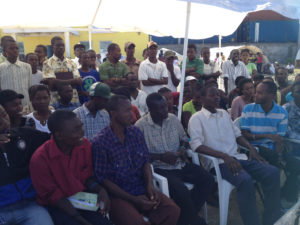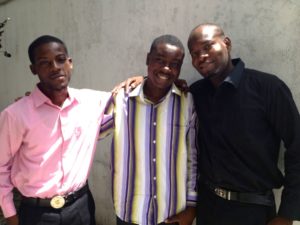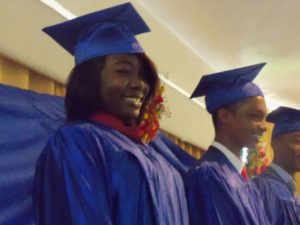No products in the cart.
0
My Shopping Cart
How We Started
Global Adolescent Project (G.A.P.) started with the courage of two teenaged girls in August 2010 in the wake of the Haiti earthquake. Jocelyne and Josianne were living under a tarp on a muddy hillside in the tent city in Petionville, a district of Port Au Prince. Up the hill from their tarp, the girls could see relief workers at the field hospital established to serve the camp, but they were unsure if they were allowed to make contact. After much debate, they gathered their nerves and slowly began to meet us, break through the language and cultural barriers and tell their story.
They were in immediate danger of being raped and trafficked as the camps were run at night by ex prisoners who had escaped when the jail broke in the quake. Through the generosity of the volunteers who pooled their spare cash, we were able to put them in an apartment and enroll them in school. In Haiti, as in many places in the developing world, school is not public and free. Teenagers who are poor do not get to go to school and they are expected to care for their families as miniature adults. Global Adolescent Project was founded in order to sustain these initial educational and safety efforts.
As we enrolled the kids in school, we found that we needed to expand our services to provide food, clothing, shelter, mental health support and job skills training. In other words, a path so that our kids will have a future. We continue to build on that foundation by networking with other organizations. We are aware of many more youth from Haiti and other developing countries that can use our assistance. It is both overwhelming and thrilling.



So far, we have three projects in the GAP-CREATE initiative;
- Peer education and training in at-risk schools in Port AU Prince
- Training of professionals in addictions, trauma and resilience
- Certification of Mental Health Agents, mental health paraprofessionals who work in direct care in communities starting with Hurricane Matthew survivors in the Jeremie area of Haiti.
“We believe in a community approach to wellbeing with equal access to health education and support.”
